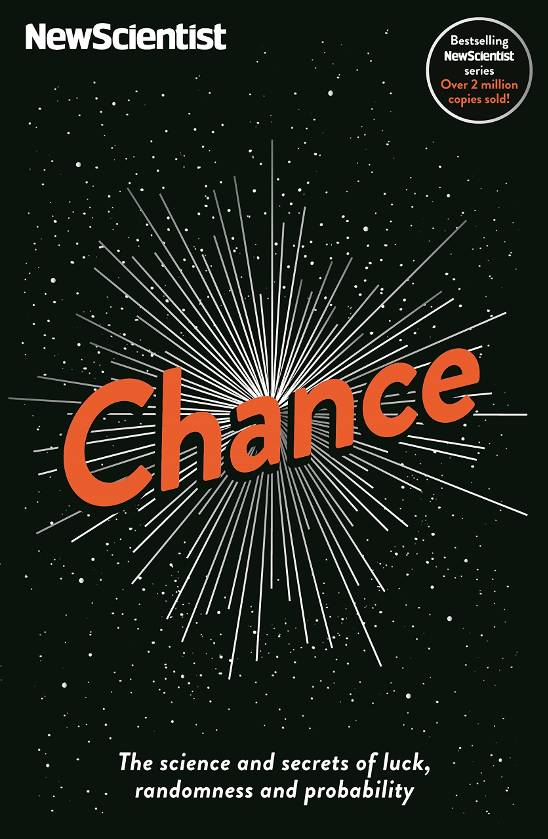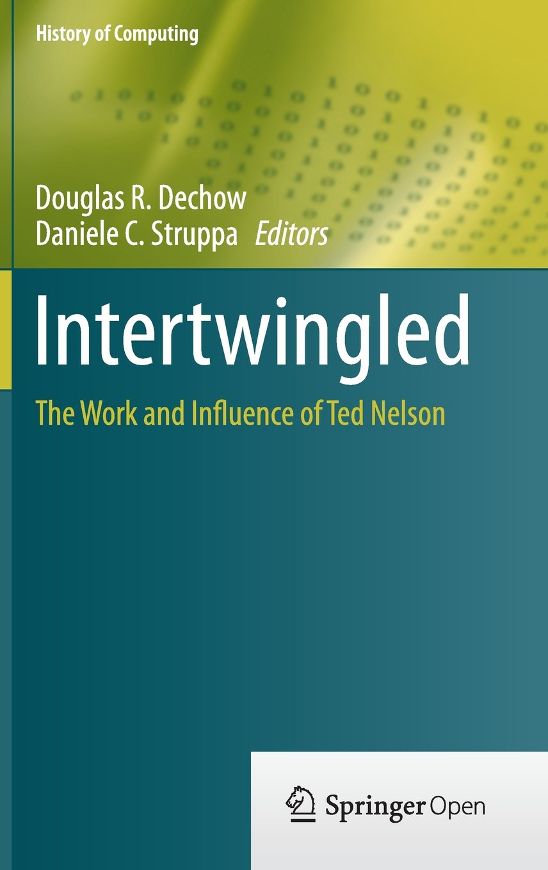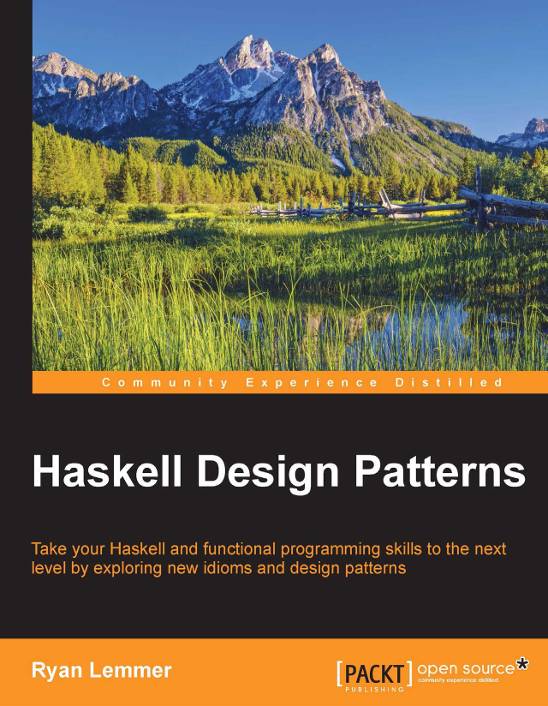-

2016-01-27 by Charlie HarveyA genuinely disturbing account of the mendacity of French and British politicians and how they bullied, lied and backstabbed their way through 50 years of imperialism in the Middle East. From the Sykes-Picot agreement to divide the territory between the two countries after the collapse of the Ottoman empire, to the British backing Arab nationalists in the hope of damaging the French occupation of Syria, to the French helping arm Israeli terrorists, Barr tells the whole story, helping set the context for why the Middle East is in quite such a mess today.
-

2016-01-27 by Charlie HarveyAnother Christmas book, this, from my Sister this time. A solid bit of popular science writing, it covers the influence of chance and randomness in science, maths, philosophy and elsewhere. From the birth of the universe, through quantum physics, the vicissituddes of evolution and through to gambling and the law, a number of authors tackle fascinating applications of probablity theory (and a bit of Bayesian statistics) in easy to digest mini chapters. Being a bit of a geek I'd occasionally like to have looked more in depth at some of the maths, but this is popular science rather than a text book and it does a good job of informing and entertaining.
-

2016-01-27 by Charlie HarveyWhich of the many available sobriquets to choose when talking about Ted Nelson? I think I’ll go with visionary. The book, which can be downloaded at no cost from the publishers, Springer, looks at various aspects of Teds life and work and is written by multiple authors many of whom knew Ted. Appropriately the content is not just essays but also includes a cartoon and various poems in a nod to Ted’s vision of a future where different types of media merge into a more unified hypermedia.
-

2016-01-27 by Charlie HarveyUsing the general concept of design patterns, from the GoF book as a jumping off point, Lemmer has compiled material on some of the most common patterns in Haskell. The ebook is pretty short, at only about 170 pages, but it manages to pack in a decent treatment of higher order functions, the Haskell type system, monads, functors, GADTs, kinds, and so more — though you will probably want to chase up the references if you really want to grok the code samples.



